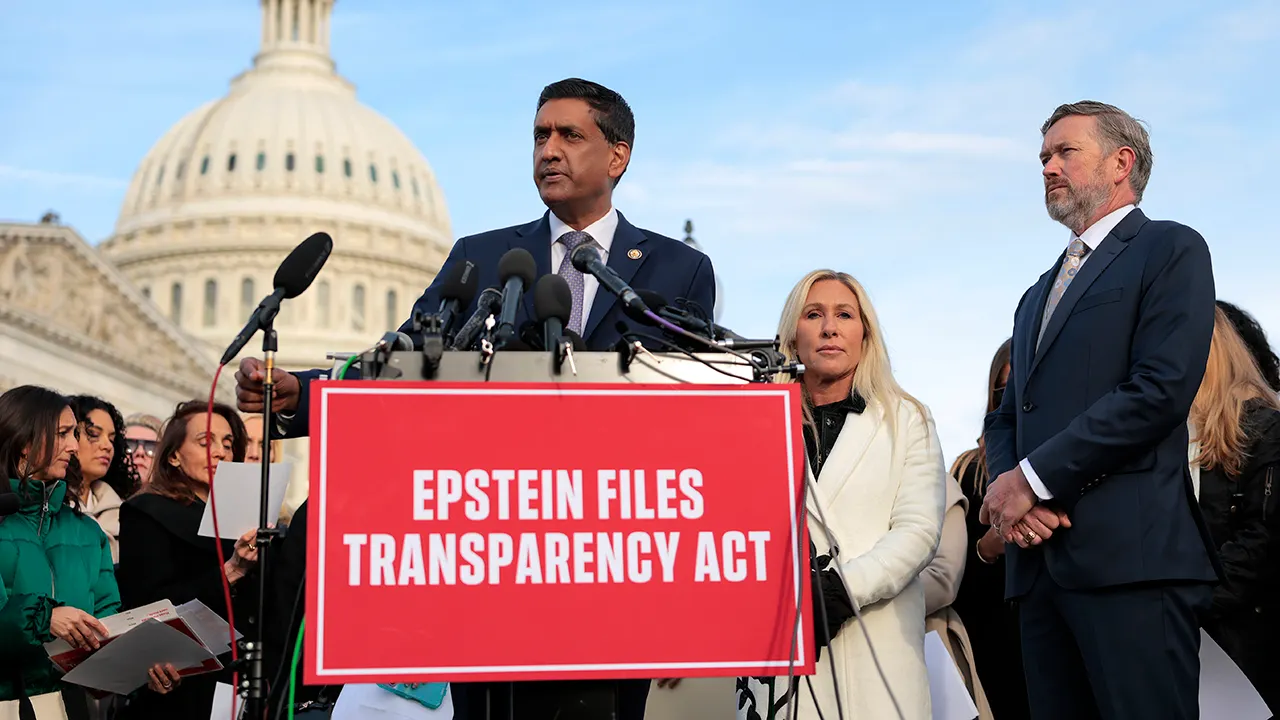Markets remain in a depression, with Bitcoin’s (BTC) cost sinking listed below the $100,000 limit. In spite of a down correction in markets, organizations continue to embrace digital possessions in their operations.
In the United States, a significant digital trading platform and chartered bank has actually opened crypto trading to institutional customers. The derivatives arm of the Singapore Exchange is entering into digital possessions also, opening continuous futures trading in crypto.
Policy modifications have actually permitted some companies to use crypto exchange-traded items (ETPs), broadening the schedule of crypto-related institutional monetary items.
Markets are taking a beating today, however organizations are looking long-lasting and broadening their function in the crypto market.
Corporations now manage 14% of Bitcoin’s supply
Organizations providing Bitcoin-related items, along with public and personal business holding Bitcoin on their balance sheets, have actually increased business BTC holdings to 14% of the crypto’s 21 million supply.
This figure leaves out the considerable holdings boasted by Bitcoin mining companies, sovereign countries such as El Salvador and decentralized financing procedures.
The increasing concentration of Bitcoin’s supply in the hands of a little number of corporations has actually raised issues over centralization. Crypto expert Willy Woo stated that Bitcoin is on the exact same “nationalization course” as gold in the 1970s.
Related: Business purchasing stirs argument over Bitcoin’s long-lasting decentralization
Nevertheless, Nicolai Søndergaard, a research study expert at crypto intelligence platform Nansen, formerly informed Cointelegraph that individuals should not be stressed.
” It does not alter Bitcoin’s basic homes. The network stays decentralized even if custody ends up being more central,” he stated.
SoFi to present crypto trading
Digital monetary services SoFi revealed on Nov. 11 that it is presenting crypto trading for retail customers in the United States.
CEO Anthony Noto stated that SoFi was the only nationally chartered bank that provides crypto trading services. He stated the business is more comfy providing digital asset-related services after upgraded policies from the United States Workplace of the Comptroller of the Currency (OCC).
” Among the holes we have actually had for the last 2 years remained in cryptocurrency, the capability to purchase, offer and hold crypto. We were not permitted to do that as a bank. It was not allowable,” he stated.
However in March, the OCC unwinded its policies concerning crypto and banks, mentioning, “Crypto-asset custody, particular stablecoin activities, and involvement in independent node confirmation networks such as dispersed journal are allowable for nationwide banks and federal cost savings associations.”
Singapore exchange launches continuous futures
The derivatives arm of Singapore Exchange (SGX) revealed that it will release continuous futures trading on Nov. 17.
A statement from the exchange associated its brand-new offering to “increasing institutional crypto need, assembling TradFi and crypto-native communities.”

Bitcoin and Ether (ETH)- based continuous futures on SGX will just be offered to recognized and skilled financiers. They’ll release on Nov. 24 and will fall under the regulative province of the Monetary Authority of Singapore (MAS).
This is just the 2nd launch of continuous futures trading in Singapore. On July 23, EDXM International released continuous futures trading along with 44 various trading items. Continuous futures, which permit traders to bank on property costs without an expiration date or market close and with possible for high utilize, are among the most popular types of crypto trading internationally.
Institutional staking takes one advance with internal revenue service approval
The United States’s tax enforcement company, the Irs, has actually authorized guidelines that will permit crypto ETPs to stake digital possessions and share benefits with financiers.
Particularly, it will permit “exchange-traded trusts that hold a single digital property like Ethereum (‘ Digital Property ETPs’) to make staking benefits while keeping tax category as grantor trusts.”
According to Roger Wise at law office Willkie Farr & & Gallagher, the grantor status is especially crucial for streamlining tax reporting on ETPs.
Reported on Nov. 10, Treasury Secretary Scott Bessent stated the relocation would enhance development and assistance make the United States more competitive in the crypto market. “Digital Property ETPs prevent entity-level tax and offer an appealing car for retail financiers, who get streamlined tax reporting each year comparable to reporting by an ETF or shared fund.”

The relocation brings more certainty to organizations that wish to use ETPs with staking, especially in the middle of increasing need from financiers.
Related: Hawkish Fed activates $360M in crypto outflows as Solana ETFs buck pattern
Hong Kong introduces more blockchain bonds for institutional financiers
The federal government of Hong Kong is launching its 3rd blockchain bond offering. Reported on Nov. 11, the tranche of bonds deserves 10 billion Hong Kong dollars ($ 1,284,438).
The bonds, which will be denominated in Hong Kong dollars, renminbi, United States dollars and euro, have actually supposedly been popular with institutional financiers. According to the Hong Kong Monetary Authority:
” The issuance continued to draw in memberships by a broad spectrum of institutional financiers internationally, covering property supervisors, banks, insurance provider, personal banks and others, consisting of a significant variety of newbie financiers in digital bonds.”
Markets might remain in a rough spot, however organizations are looking ahead as brand-new monetary items, constructed on blockchain innovation and cryptocurrencies, continue to establish.
Publication: 2026 is the year of practical personal privacy in crypto: Canton, Zcash and more
Source: Coin Telegraph.
























